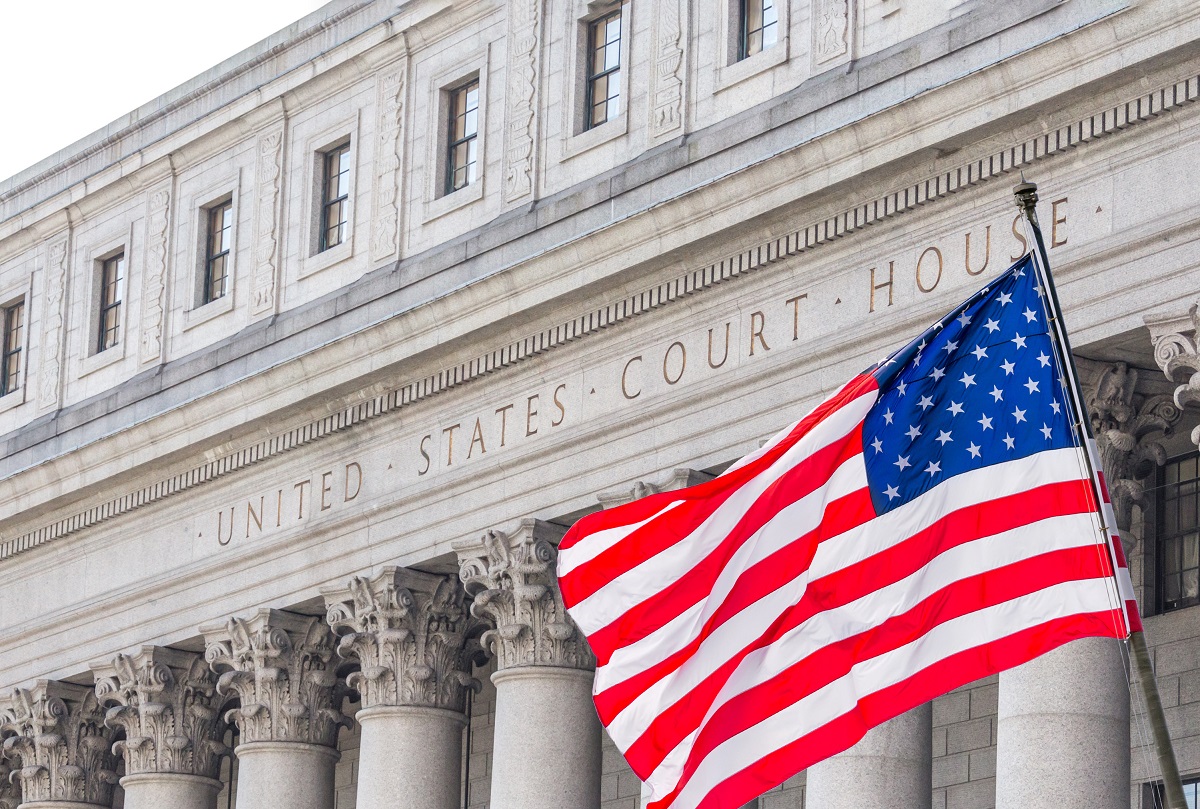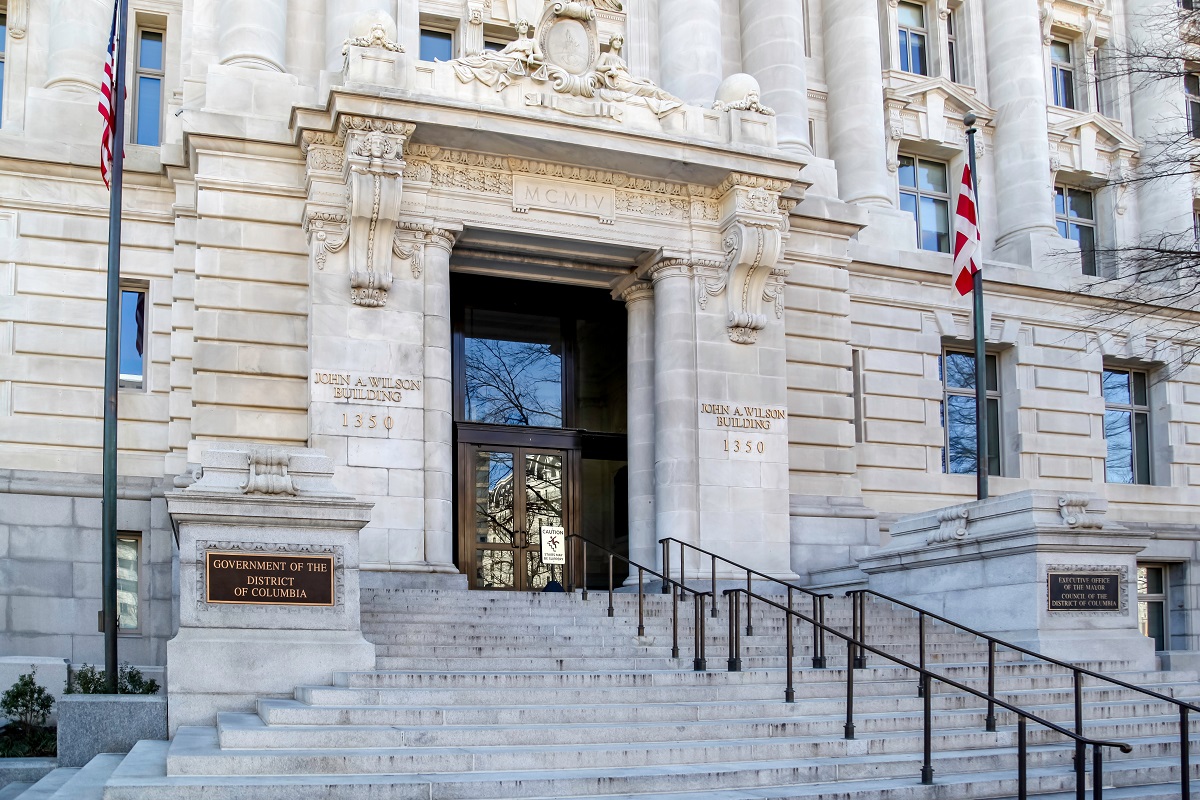A three-judge panel of the U.S. Court of Appeals for the Second Circuit handed down a decision on March 23 holding that the funding mechanism for the federal Consumer Financial Protection Bureau is constitutionally sound. In doing so, it “respectfully decline[d] to follow the Fifth Circuit’s decision” in Cmty. Fin. Servs. Ass'n of Am., Ltd. v. CFPB.
Posts published by “Donald Maurice”
Donald Maurice provides counsel to the financial services industry, successfully litigating matters in the state and federal courts in individual and class actions. He has successfully argued before the Third, Fourth and Eighth Circuit U.S. Courts of Appeals, and has represented the financial services industry before several courts including as counsel for amicus curiae before the United States Supreme Court. He counsels clients in regulatory actions before the CFPB, and other federal and state regulators and in the development and testing of debt collection compliance systems. Don is peer-rated AV by Martindale-Hubbell, the worldwide guide to lawyers. In addition to being a frequent speaker and author on consumer financial services law, he serves as outside counsel to RMA International, on the governing Board of Regents of the American College of Consumer Financial Services Lawyers, and on the New York City Bar Association's Consumer Affairs Committee. From 2014 to 2017, he chaired the ABA's Bankruptcy and Debt Collection Subcommittee. For more information, see https://mauricewutscher.com/attorneys/donald-maurice/
March 15 was the deadline for the New York State Department of Financial Services to publish its proposed amendments to its debt collection rule. It didn’t and so they have expired. While the latest version of the proposed amendments has expired, you can bet on DFS releasing an updated version in the coming months.
The U.S. Supreme Court has agreed to consider a decision by the U.S. Court of Appeals for the Fifth Circuit that found the Consumer Financial Protection Bureau’s funding structure was unconstitutional. And so, for the second time in less than four years, the CFPB’s fate is set to be decided by the nation’s highest court.
The New York Department of Financial Services and the New York City Department of Consumer and Worker Protection are simultaneously engaged in amending their consumer debt collection rules. While the DFS rulemaking has been underway for nearly two years, the DCWP began its efforts last fall.
The Consumer Financial Protection Bureau increased the maximum civil penalty it can impose within its jurisdiction after Jan. 15, 2023. The increases are mandated by federal law, which requires agencies to adjust for inflation each civil monetary penalty within an agency’s jurisdiction by Jan. 15, 2023.
Just a few years ago, the annual review would primarily encompass federal activity. But a shift began in 2018, and by the close of this year, it’s clear there is far more state activity impacting consumer debt collection.
Beginning Jan. 1, businesses operating in the District of Columbia will face new challenges under the DC Council’s new debt collection law with costly penalties in place for those who don’t comply.
A group is pushing Arizona Proposition 209, a ballot measure they say will reduce the burden of “medical debt.” But while a small portion of Proposition 209 might relieve some of the burden of medical debt, other beneficiaries are swindlers and bad actors.
The U.S. Court of Appeals for the Fifth Circuit on Oct. 19 held that the federal Consumer Financial Protection Bureau’s Payday Lending Rule was invalid because it was promulgated using an unconstitutional funding scheme.
Insufficient data protection or information security can violate the prohibition against unfair acts or practices according to a circular released last week by the federal Consumer Financial Protection Bureau.
Determining whether your business engages in activities that can trigger coverage is discussed by the Federal Trade Commission in just released guidance entitled “FTC Safeguards Rule: What Your Business Needs to Know.” The Rule applies to many businesses beyond the scope of what are commonly understood to be “financial institutions” and has implications for service providers to covered entities.
A New York federal judge on April 28 temporarily enjoined three New York sheriffs from refusing to enforce judgment executions which seek to collect judgment interest “calculated with the interest rate in effect at the time the judgment was obtained.”












